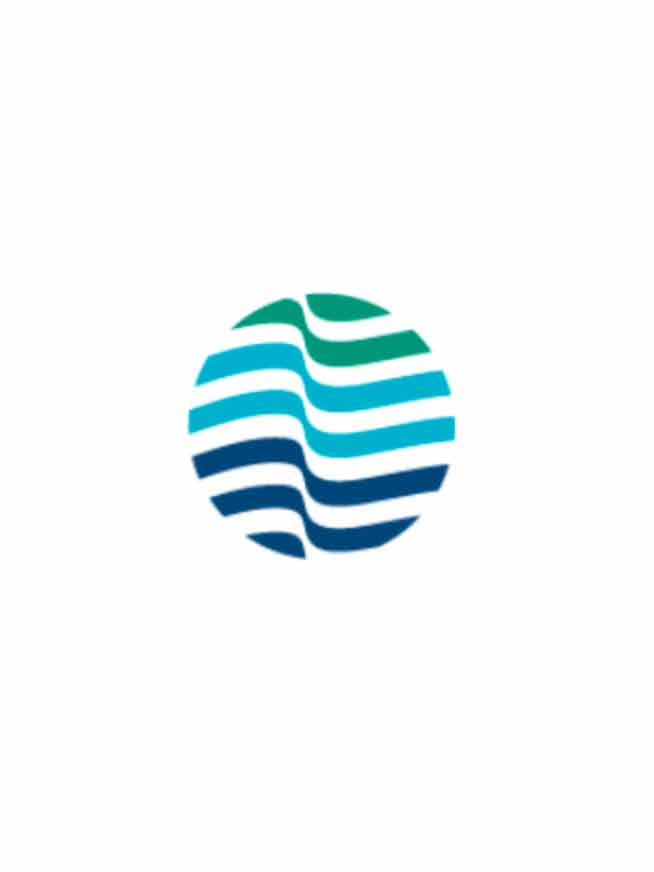Research Highlights Climate is Changing Faster than Laws Have Responded, Leaving Infrastructure with Insufficient Resilience and Risking a Widening Water Access Gap
OAKLAND, CA, October 21, 2024 – New research released today by the Pacific Institute and the Center for Water Security and Cooperation (CWSC) reveals existing laws and policies fail to protect water and sanitation systems from climate change impacts in frontline communities across the United States. The report, “Law and Policies that Address Equitable, Climate-Resilient Water and Sanitation,” examines federal, Tribal, state, and local laws and policies governing centralized drinking water and wastewater systems, as well as decentralized onsite drinking water and sanitation systems.
The research demonstrates that most existing US water laws and policies were developed assuming historical climate trends that determine water availability would be constant and that communities’ vulnerability to climate events would be the same over time. The research specifically outlines how laws and policies often do not anticipate or help to proactively manage the impacts of climate change on water and wastewater systems in frontline communities. This leaves these systems vulnerable to extreme weather events and frontline community residents susceptible to service disruptions, reducing access to safe water and sanitation services.
“Climate change is simply outpacing our legal system when it comes to protecting water and sanitation systems,” said Alexandra Campbell-Ferrari, Executive Director of the Center for Water Security and Cooperation. “Without proactive legal reforms, a growing number of people in frontline communities in the United States are at risk of losing their access to safe water and sanitation because of climate change.”
The report also underscores that existing US laws and policies, except for five states, mostly do not recognize water and sanitation as human rights, threatening to widen the water access gap. This threat is especially concerning for frontline communities, where service disruptions from climate impacts leave an increasing number of households without access to safe water or functioning sanitation systems, often with little legal recourse to regain access.
“Identifying these shortcomings in existing laws is a critical first step to constructing and rehabilitating the legal infrastructure needed to lessen the impacts of climate change on water and sanitation access and service delivery,” said Dr. Shannon McNeeley, Senior Researcher and Water and Climate Equity Lead at the Pacific Institute. “This report lays the groundwork for a more comprehensive evaluation of the existing legal and policy gaps to enable the design of drinking water and sanitation laws that are more responsive to climate change.”
The report identifies several areas where laws and policies are falling short:
- Laws have typically not been designed to be flexible or anticipate climate change impacts on water and sanitation infrastructure and services. As water scarcity increases, so will the pressure on these systems to deliver sufficient, reliable water, especially in places where laws do not prioritize, protect, and plan for equitable drinking water access for all. Many existing water management and allocation laws create a water rights structure that is too rigid, making it hard to adapt to changing water availability, while still meeting critical needs, such as for drinking water.
- Millions of people in the US are already served by water systems with incomplete plumbing and Safe Drinking Water Act violations. Water quality degradation from more frequent and intense droughts, floods, wildfires, and extreme temperatures only increases the importance of laws that serve to protect public health and water quality.
- Wastewater and drinking water systems serving frontline communities are more susceptible to the increased frequency and severity of storm events, catastrophic flooding, and sea level rise. Laws are not keeping pace to require existing centralized and decentralized water and wastewater infrastructure to proactively adapt or that new infrastructure is built to be climate resilient.
- The human right to water and sanitation are not recognized across the United States, except for in five states, California, Virginia, Massachusetts, New York, and Pennsylvania. This leaves frontline communities vulnerable to losing access to water, especially when more frequent and more severe storms take systems offline for days, weeks, or even months, and rising costs make services unaffordable, leading to disconnections for low-income residents without shutoff protections.
This report is the second in the ongoing series “Water, Sanitation, and Climate Change in the United States,” a partnership between the Pacific Institute, DigDeep, and the Center for Water Security and Cooperation. The next report will provide a framework for equitable, climate-resilient water and sanitation. It will also provide an overview of barriers, challenges, strategies, and approaches to create equitable, climate-resilient water and sanitation access in frontline communities.
###
About the Pacific Institute: Founded in 1987, the Pacific Institute is a global water think tank that combines evidence-based thought leadership with active outreach to influence local, national, and international efforts in developing sustainable water policies. From working with Fortune 500 companies to frontline communities, our mission is to create and advance solutions to the world’s most pressing water challenges. Since 2009, the Pacific Institute has also acted as co-secretariat for the CEO Water Mandate, a global commitment platform that mobilizes a critical mass of business leaders to address global water challenges through corporate water stewardship. For more information, visit pacinst.org.
The Center for Water Security and Cooperation (CWSC) is a 501(c)(3) nonprofit organization based in Washington, D.C. Founded in 2015, the mission of the CWSC is to advance water security and cultivate cooperation by building a unified body of laws, policies, practices, and standards that ensure the availability of water for current and future generations, and a peaceful, stable, and vibrant global society. Ultimately, the CWSC works to ensure that law and practice guarantee water security and universal access to water and sanitation because without good law those people who have access will lose it, and those who don’t, won’t ever get it. More information about the CWSC can be found at www.thecwsc.org.


